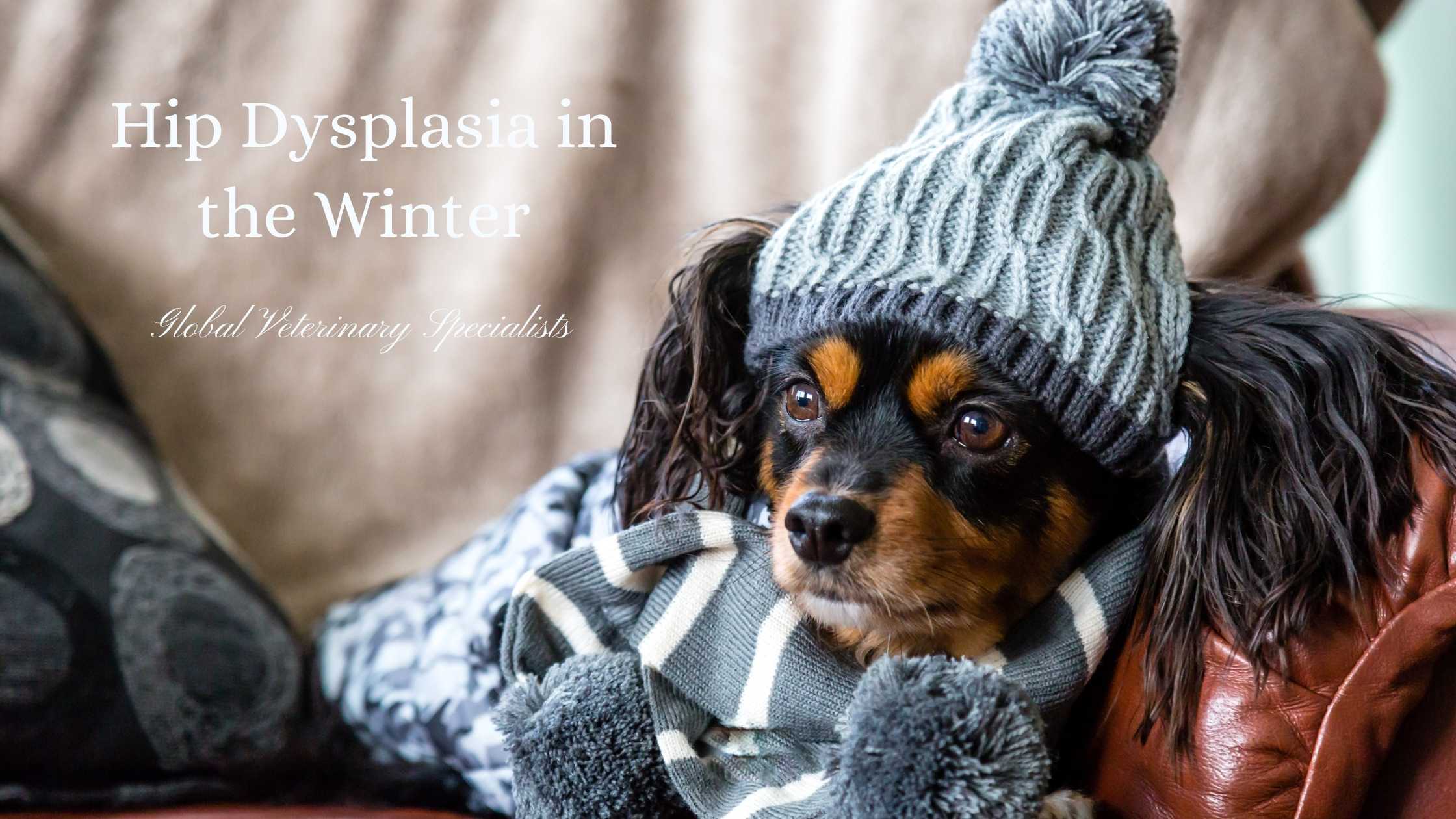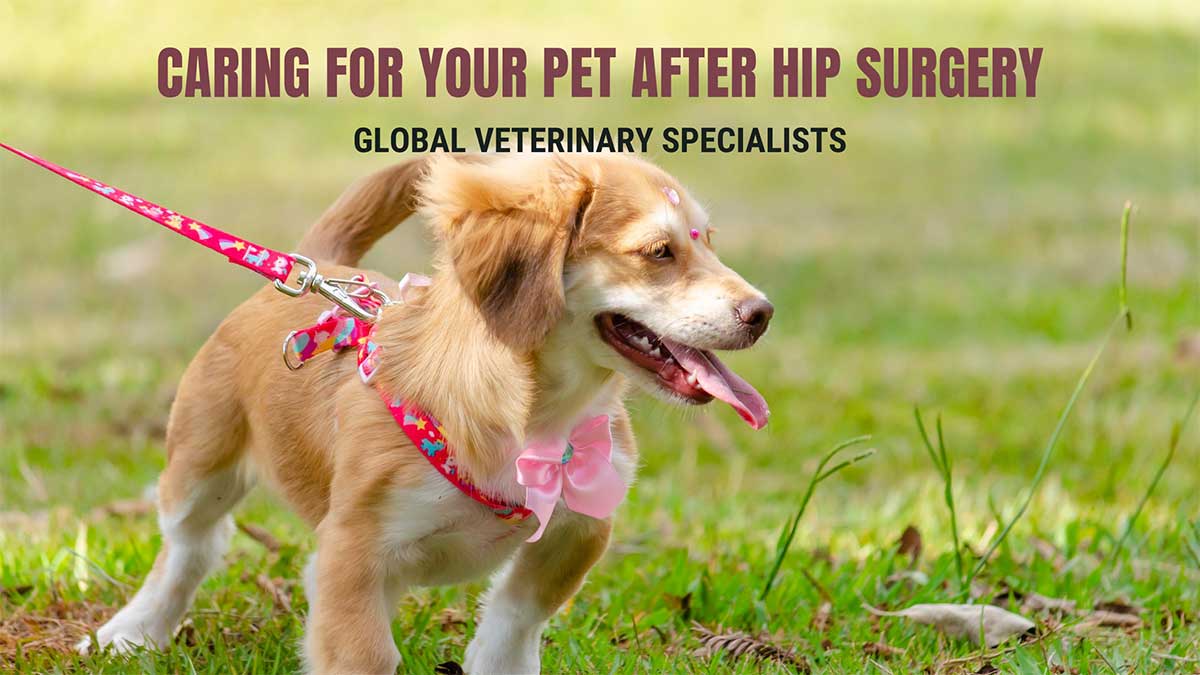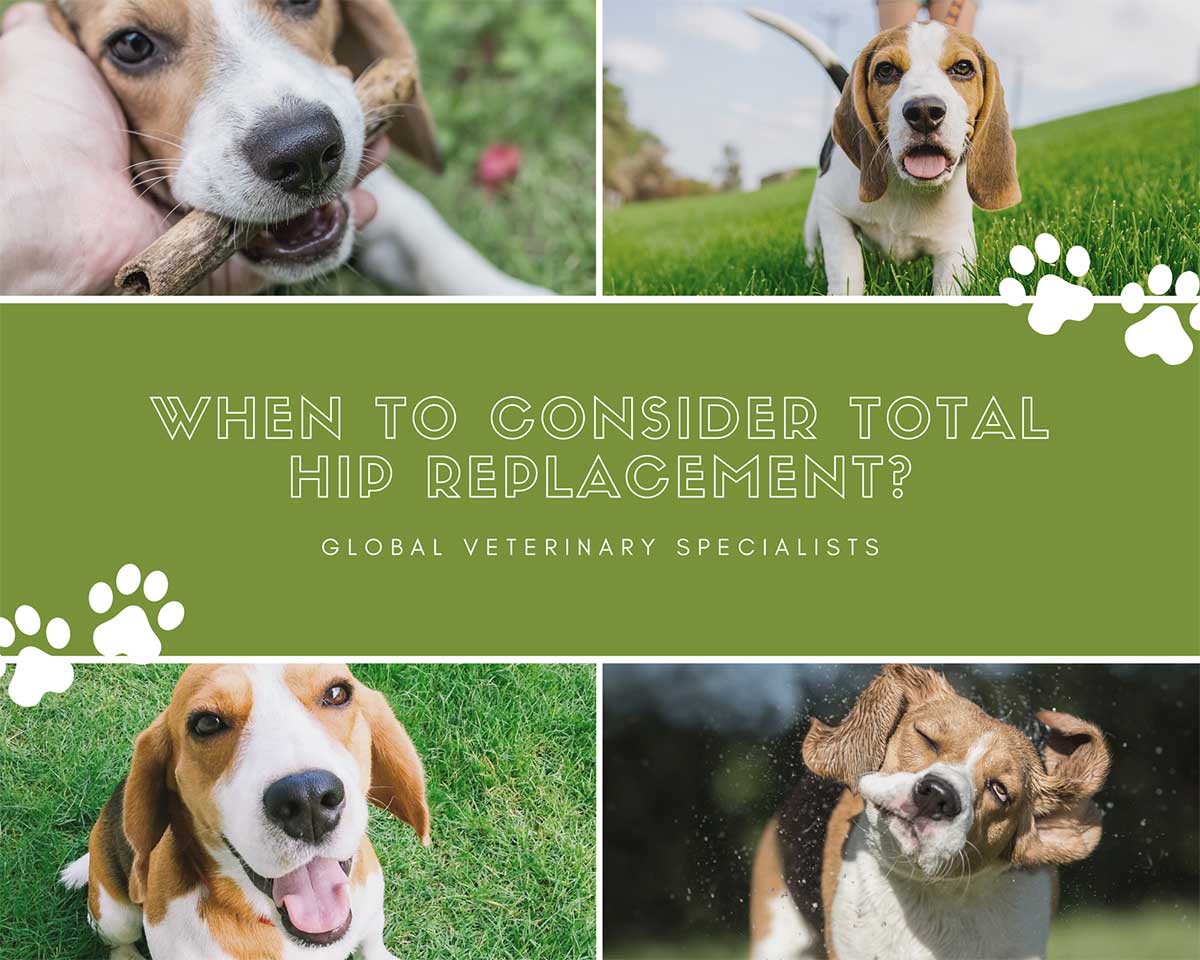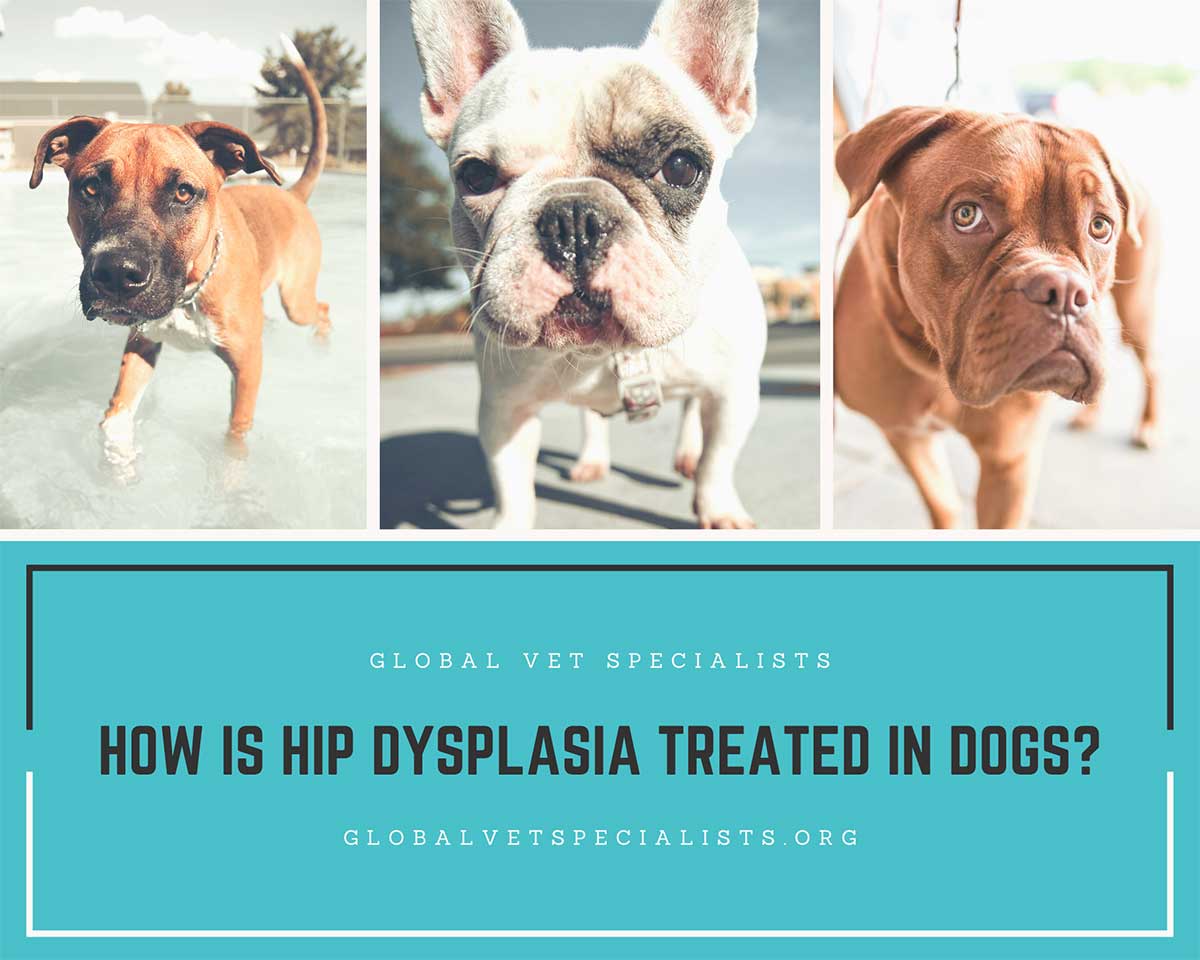Your pet may feel more discomfort during the winter since temperatures have dropped and may show more or worsening symptoms if they have been diagnosed with hip dysplasia. It is essential to be conscious of your pet’s health, safety, and comfort when it is cold outside to ensure that they, too, have the happiest of holidays....
Author: globaladmin
Tips to Keep Your Pet Safe on Thanksgiving
Thanksgiving is on Thursday, November 26, this year. It is a time to connect with friends and family, watch the Macy’s Thanksgiving Day parade, and express gratitude. However, you choose to celebrate the day; taking extra steps to ensure safety, including your pets’ safety, is essential. The following tips will help prevent having to make...
Halloween Safety Tips for Your Pets
With Halloween 2020 just three days away, it is essential to ensure your safety and that of your family and pets as you finalize plans for the evening’s costumes and activities, whether virtual or in-person. Dogs suffering from hip dysplasia, depending on the severity, may require special attention to prevent exacerbating their condition. We invite...
Your Questions, Answered by a Veterinary Surgeon
A veterinary surgeon will not hesitate to recommend and perform total hip replacement (THR) surgery when the indications for surgical intervention are present, and no other higher priority problems exist. Here are some of the most common questions pet owners ask, answered by a skilled and experienced veterinary surgeon. What breeds are more susceptible to hip dysplasia?...
Caring for Your Pet After Hip Surgery
Hip surgery for dogs is used to restore mobility in dogs with moderate to severe hip dysplasia. A total hip replacement (THR) is an optimal choice. It may also be considered when the cost of pain management is or has become prohibitive. The procedure involves removing the femoral stem, femoral head, and acetabulum. They are then replaced...
When to Consider Total Hip Replacement?
Ask the veterinary surgeon: When should I consider total hip replacement for my companion with hip dysplasia and advanced osteoarthritis? Animals with hip dysplasia – a condition characterized by abnormal joint laxity in which the head of the femur does not fit tightly within the acetabulum – often present with hind limb lameness and pain. These and...
Happy Father’s Day!
Amber Hoff Hoyt
How is Hip Dysplasia Treated in Dogs?
Hip dysplasia in dogs of varying sizes and breeds is one of the most common causes of hind limb lameness. The condition occurs when the ball does not fit tightly inside its socket, causing abnormal joint laxity or looseness that, without treatment, will worsen over time. Inflammation and joint damage are common if hip dysplasia...








